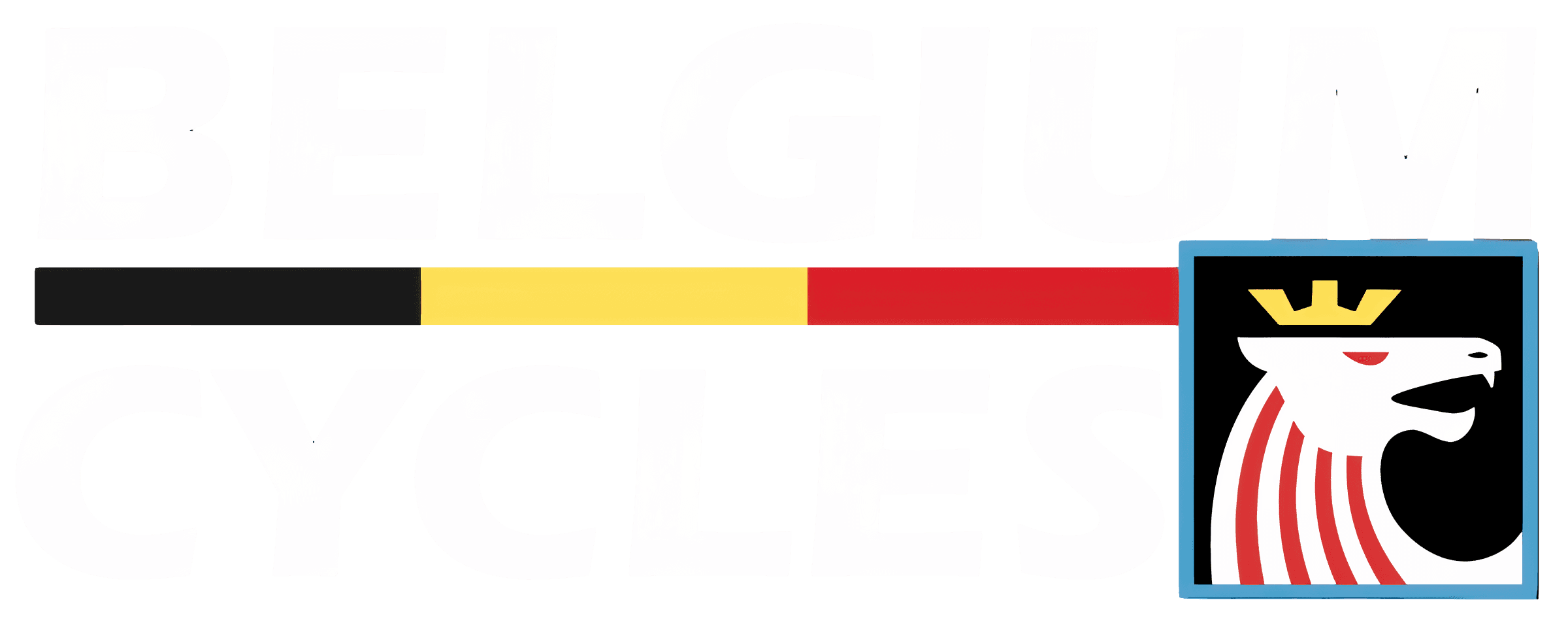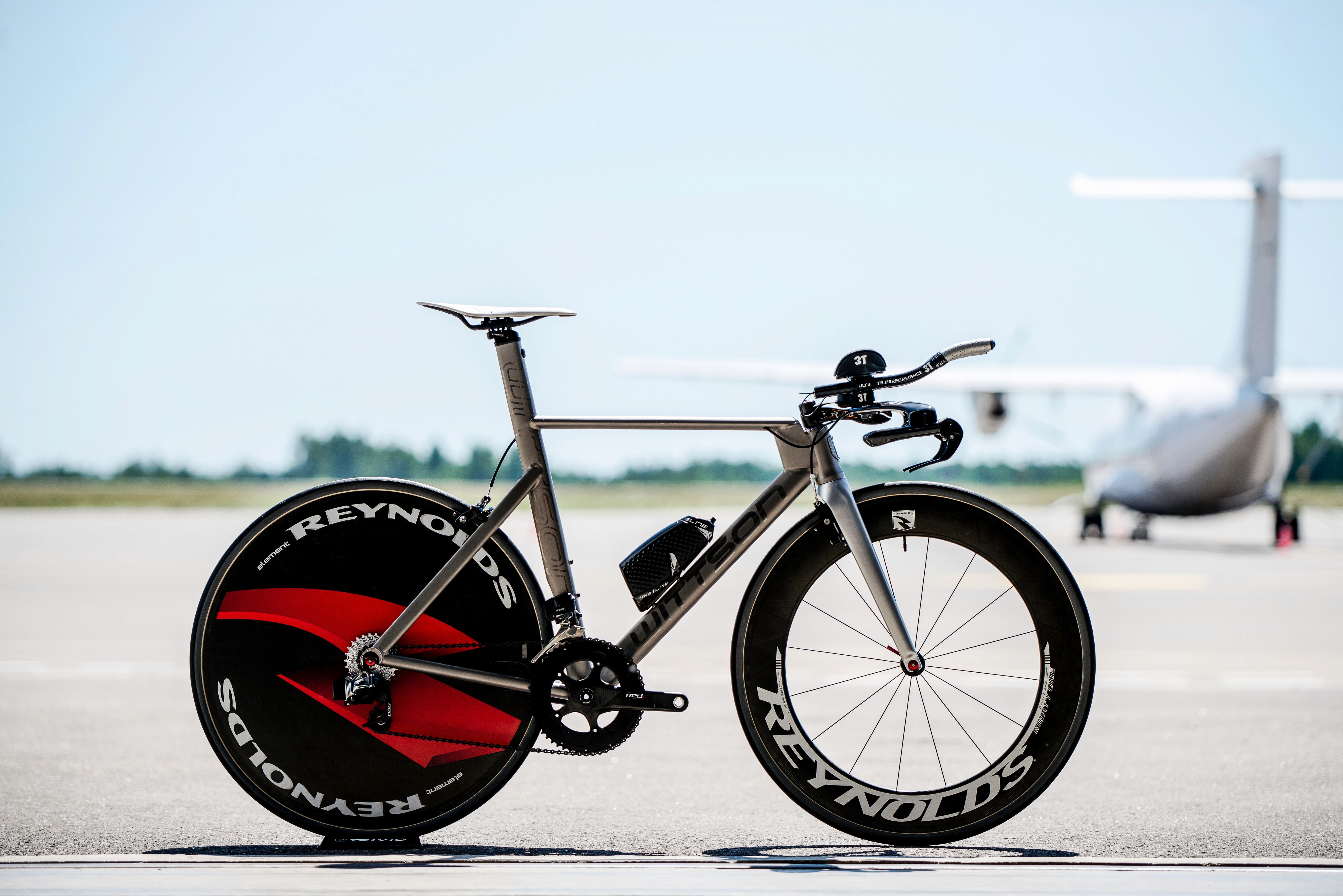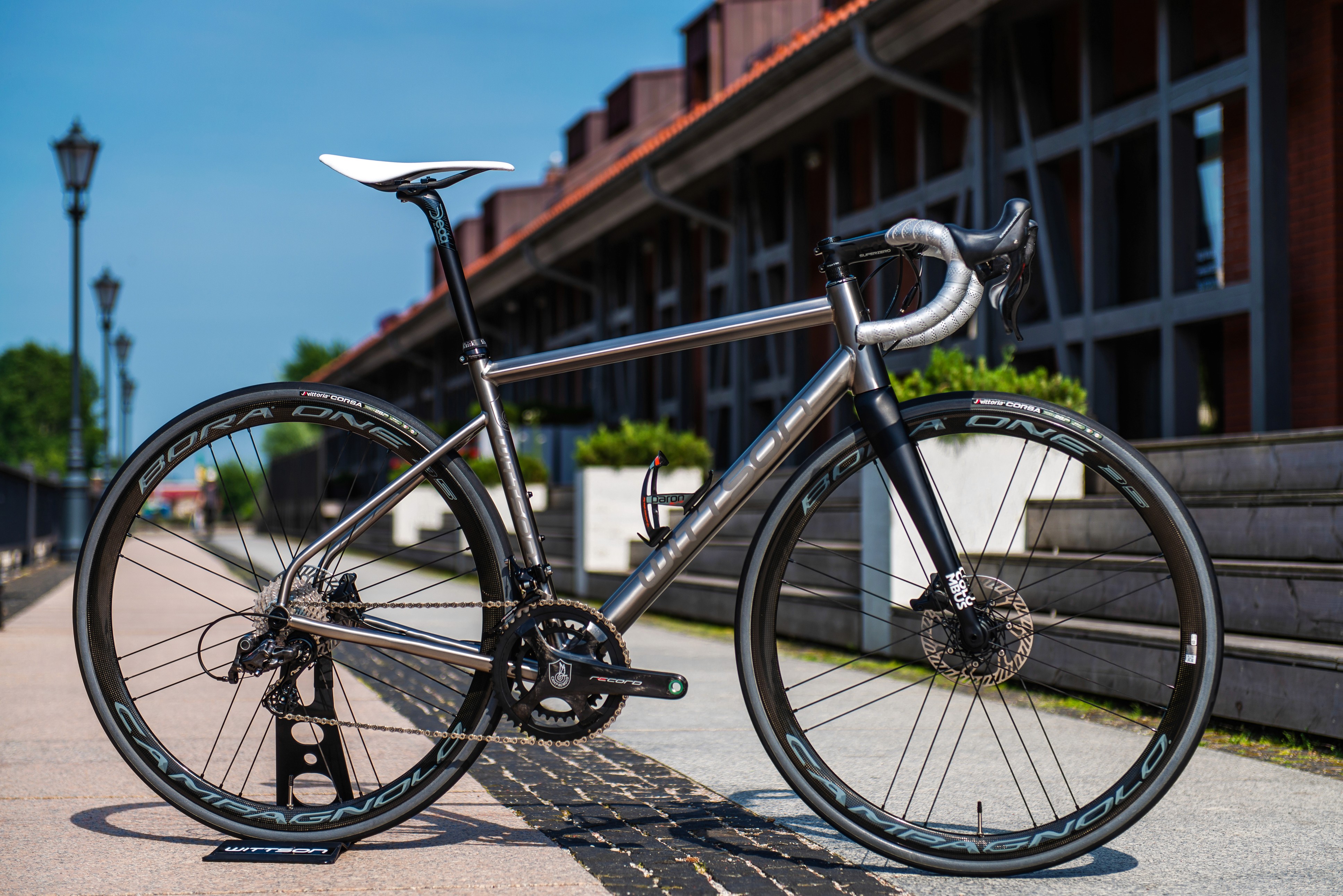
Experience the Art of Cycling with Belgium Cycles
Lucas
Email: luc@belgiumcycles.com
Phone: +1 (303) 747-6358
BelgiumCycles.com
Are We Really Belgian?
Are We Really Belgian?
Are We Really Belgian?
An exploration into the identity of Belgians, questioning the true essence of what it means to be Belgian in the modern world
An exploration into the identity of Belgians, questioning the true essence of what it means to be Belgian in the modern world
An exploration into the identity of Belgians, questioning the true essence of what it means to be Belgian in the modern world
Elevate the user experience and visual appeal of your comparison site with our expert UX/UI design services. We specialize in creating intuitive interfaces
Elevate the user experience and visual appeal of your comparison site with our expert UX/UI design services. We specialize in creating intuitive interfaces




Contact
Contact
Lucas
Lucas
+1 (303) 747-6358
+1 (303) 747-6358
luc@belgiumcycles.com
luc@belgiumcycles.com
Contact
Contact
Etienne
Etienne
+1 (303) 803-0331
+1 (303) 803-0331
evt@belgiumcycles.com
evt@belgiumcycles.com
Are We Really Belgian?
Introduction: The Question of Belgian Identity
Belgium—a country known for its rich cultures, languages, and traditions—often finds itself questioning what it truly means to be Belgian. With three official languages and a history marked by division, a unified Belgian identity can seem elusive. In this article, we explore the intricate facets that contribute to the ever-evolving concept of being Belgian today.
A Historical Overview: The Roots of Belgian Identity
Belgium’s history has been shaped by centuries of foreign rule, from the Romans to the Spanish, Austrians, and French. Each wave of influence has left a lasting mark on the nation’s culture and identity. The country’s formation as an independent state in 1830 was a defining moment, though not without its growing pains.
The Division of Language and Culture
One of Belgium's most defining characteristics is its linguistic diversity, which has also been a source of division.
Flemish vs. Walloon: The long-standing divide between Dutch-speaking Flanders and French-speaking Wallonia has shaped political and social life, leading to distinct regional identities.
Brussels: The bilingual capital city further complicates matters, blending French and Dutch influences in a uniquely hybrid space.
German-Speaking Community: In eastern Belgium, a smaller German-speaking minority adds yet another layer to the linguistic mosaic.
These divisions, while complex, are essential in understanding how Belgium’s fragmented sense of identity has been forged over time.
Modern Belgian Identity: A Patchwork of Cultures
In the 21st century, Belgian identity is more than just a linguistic divide. It’s a melting pot of influences, both old and new, as Belgium has become home to a variety of cultures and communities.
The Influence of Immigration: Belgium’s urban centers, particularly Brussels, have seen an influx of immigrants that has transformed the landscape. The result is a vibrant, multicultural society, though integration remains an ongoing challenge.
The Role of the European Union: As the seat of the European Union, Brussels has a unique place in shaping not just Belgian identity, but a broader European identity. This raises questions about the balance between national pride and supranational loyalty in Belgium.
Cultural Symbols and National Pride
Despite these divisions, there are elements of Belgian culture that unite the nation:
Food and Drink: Belgium’s famous waffles, chocolate, and beer are cherished across all linguistic lines, creating a shared sense of pride.
Sports: Sporting events, especially those involving the Belgian national football team, the Red Devils, often serve as a rallying point for national unity.
Festivals: Celebrations like the Ommegang in Brussels and the Carnival of Binche bring together people from all regions, fostering a sense of shared heritage and pride.
Conclusion: The Future of Belgian Identity
Belgium’s identity is as complex as it is diverse. With its linguistic divides, multicultural influences, and its place in Europe, Belgium is constantly reshaping what it means to be Belgian. Embracing this complexity, rather than simplifying it, may be the key to fostering a more inclusive and unified identity—one that reflects the unique richness of Belgium’s cultures, languages, and traditions.
Are We Really Belgian?
Introduction: The Question of Belgian Identity
Belgium—a country known for its rich cultures, languages, and traditions—often finds itself questioning what it truly means to be Belgian. With three official languages and a history marked by division, a unified Belgian identity can seem elusive. In this article, we explore the intricate facets that contribute to the ever-evolving concept of being Belgian today.
A Historical Overview: The Roots of Belgian Identity
Belgium’s history has been shaped by centuries of foreign rule, from the Romans to the Spanish, Austrians, and French. Each wave of influence has left a lasting mark on the nation’s culture and identity. The country’s formation as an independent state in 1830 was a defining moment, though not without its growing pains.
The Division of Language and Culture
One of Belgium's most defining characteristics is its linguistic diversity, which has also been a source of division.
Flemish vs. Walloon: The long-standing divide between Dutch-speaking Flanders and French-speaking Wallonia has shaped political and social life, leading to distinct regional identities.
Brussels: The bilingual capital city further complicates matters, blending French and Dutch influences in a uniquely hybrid space.
German-Speaking Community: In eastern Belgium, a smaller German-speaking minority adds yet another layer to the linguistic mosaic.
These divisions, while complex, are essential in understanding how Belgium’s fragmented sense of identity has been forged over time.
Modern Belgian Identity: A Patchwork of Cultures
In the 21st century, Belgian identity is more than just a linguistic divide. It’s a melting pot of influences, both old and new, as Belgium has become home to a variety of cultures and communities.
The Influence of Immigration: Belgium’s urban centers, particularly Brussels, have seen an influx of immigrants that has transformed the landscape. The result is a vibrant, multicultural society, though integration remains an ongoing challenge.
The Role of the European Union: As the seat of the European Union, Brussels has a unique place in shaping not just Belgian identity, but a broader European identity. This raises questions about the balance between national pride and supranational loyalty in Belgium.
Cultural Symbols and National Pride
Despite these divisions, there are elements of Belgian culture that unite the nation:
Food and Drink: Belgium’s famous waffles, chocolate, and beer are cherished across all linguistic lines, creating a shared sense of pride.
Sports: Sporting events, especially those involving the Belgian national football team, the Red Devils, often serve as a rallying point for national unity.
Festivals: Celebrations like the Ommegang in Brussels and the Carnival of Binche bring together people from all regions, fostering a sense of shared heritage and pride.
Conclusion: The Future of Belgian Identity
Belgium’s identity is as complex as it is diverse. With its linguistic divides, multicultural influences, and its place in Europe, Belgium is constantly reshaping what it means to be Belgian. Embracing this complexity, rather than simplifying it, may be the key to fostering a more inclusive and unified identity—one that reflects the unique richness of Belgium’s cultures, languages, and traditions.
Are We Really Belgian?
Introduction: The Question of Belgian Identity
Belgium—a country known for its rich cultures, languages, and traditions—often finds itself questioning what it truly means to be Belgian. With three official languages and a history marked by division, a unified Belgian identity can seem elusive. In this article, we explore the intricate facets that contribute to the ever-evolving concept of being Belgian today.
A Historical Overview: The Roots of Belgian Identity
Belgium’s history has been shaped by centuries of foreign rule, from the Romans to the Spanish, Austrians, and French. Each wave of influence has left a lasting mark on the nation’s culture and identity. The country’s formation as an independent state in 1830 was a defining moment, though not without its growing pains.
The Division of Language and Culture
One of Belgium's most defining characteristics is its linguistic diversity, which has also been a source of division.
Flemish vs. Walloon: The long-standing divide between Dutch-speaking Flanders and French-speaking Wallonia has shaped political and social life, leading to distinct regional identities.
Brussels: The bilingual capital city further complicates matters, blending French and Dutch influences in a uniquely hybrid space.
German-Speaking Community: In eastern Belgium, a smaller German-speaking minority adds yet another layer to the linguistic mosaic.
These divisions, while complex, are essential in understanding how Belgium’s fragmented sense of identity has been forged over time.
Modern Belgian Identity: A Patchwork of Cultures
In the 21st century, Belgian identity is more than just a linguistic divide. It’s a melting pot of influences, both old and new, as Belgium has become home to a variety of cultures and communities.
The Influence of Immigration: Belgium’s urban centers, particularly Brussels, have seen an influx of immigrants that has transformed the landscape. The result is a vibrant, multicultural society, though integration remains an ongoing challenge.
The Role of the European Union: As the seat of the European Union, Brussels has a unique place in shaping not just Belgian identity, but a broader European identity. This raises questions about the balance between national pride and supranational loyalty in Belgium.
Cultural Symbols and National Pride
Despite these divisions, there are elements of Belgian culture that unite the nation:
Food and Drink: Belgium’s famous waffles, chocolate, and beer are cherished across all linguistic lines, creating a shared sense of pride.
Sports: Sporting events, especially those involving the Belgian national football team, the Red Devils, often serve as a rallying point for national unity.
Festivals: Celebrations like the Ommegang in Brussels and the Carnival of Binche bring together people from all regions, fostering a sense of shared heritage and pride.
Conclusion: The Future of Belgian Identity
Belgium’s identity is as complex as it is diverse. With its linguistic divides, multicultural influences, and its place in Europe, Belgium is constantly reshaping what it means to be Belgian. Embracing this complexity, rather than simplifying it, may be the key to fostering a more inclusive and unified identity—one that reflects the unique richness of Belgium’s cultures, languages, and traditions.










